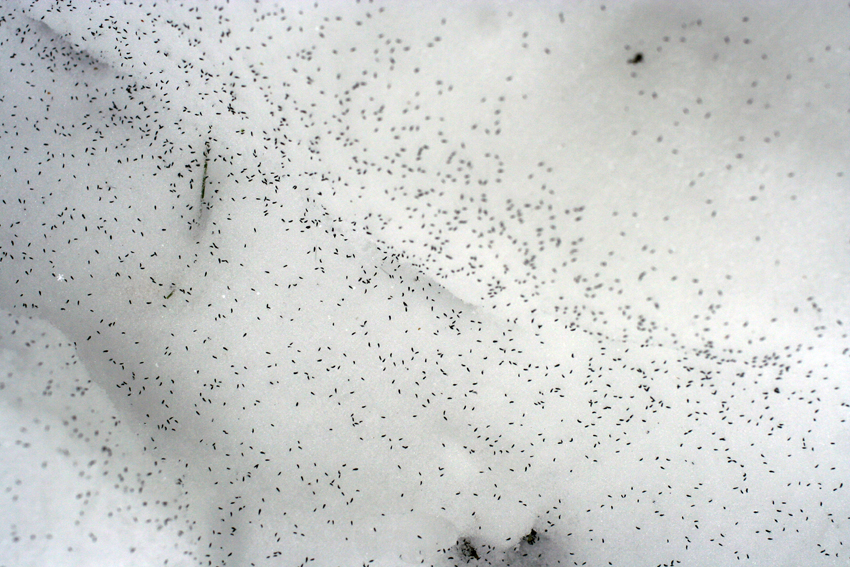Scientists have discovered new secrets from a tiny snow flea that can survive in freezing conditions. The fleas contain a protein that could be very useful for transplant surgery and farming. Researchers from Queen's University in Ontario, Canada have published a study about the flea and its antifreeze properties. The researchers said the antifreeze could help protect plants or animals from frost. It could also allow transplant organs to be stored and transported at lower temperatures. The microscopic, six-legged snow fleas survive by lowering the freezing point of their bodies by 11 degrees.

Scientists are talking about many possible uses for the new protein. One is to store transplant organs at cooler temperatures to keep them for longer. Lead researcher Dr. Laurie Graham said filling an organ with the antifreeze might prevent it from freezing. She said: “You would have longer to do tissue matching to get the organ to the patient and just increase the life of organs.” Another possibility could be to allow crops to survive a cold snap. Dr. Graham said scientists could genetically modify any crop that didn’t like frost to make it stronger in freezing temperatures.













